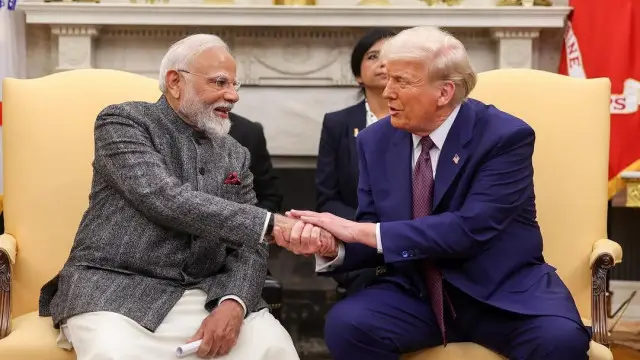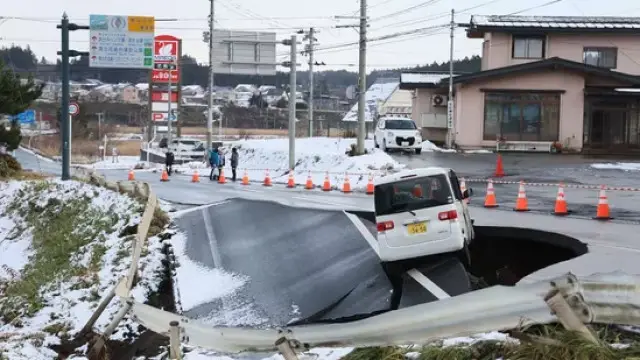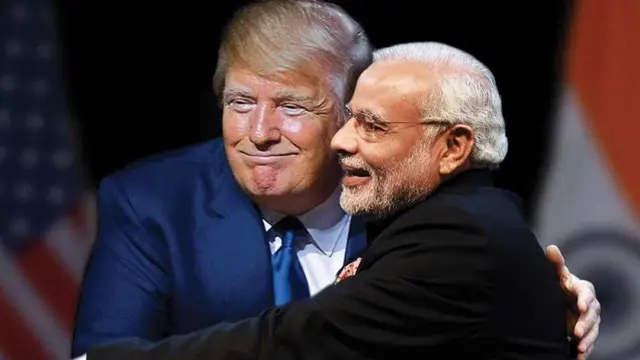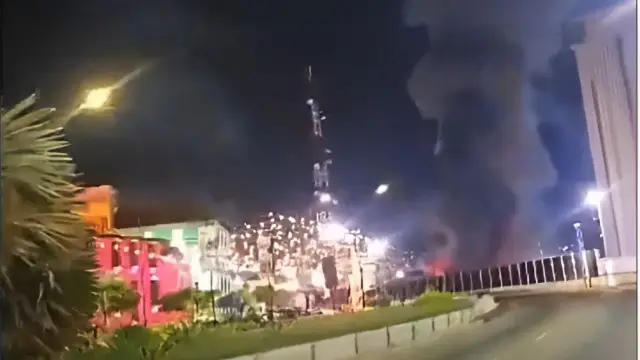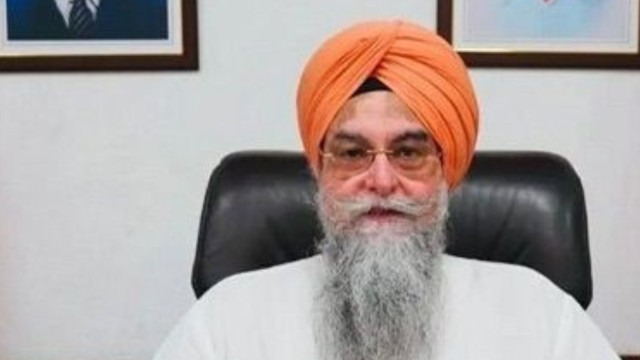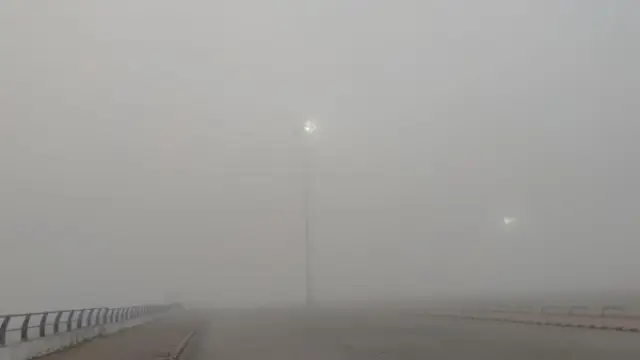Russia, China veto US proposal for Gaza ceasefire at UN security council
Guyana abstained, Algeria voted against, and Russia and China exercised their vetoes.

In a significant diplomatic setback, Russia and China exercised their veto power to block a United States proposal for a ceasefire in Gaza during a session of the United Nations Security Council. The move highlights the deep divisions within the international community regarding the ongoing conflict in the region and underscores the challenges of achieving consensus on a path toward peace.
Stalemate at the UN Security Council
The US proposal for a ceasefire in Gaza was met with strong opposition from Russia and China, resulting in a stalemate at the UN Security Council. Despite efforts by US diplomats to garner support for the resolution, the veto by Russia and China effectively halted progress toward a diplomatic solution to the crisis.
US Push for Ceasefire
The United States had put forth the proposal for a ceasefire in Gaza in an effort to address the escalating violence and humanitarian crisis in the region. The resolution called for an immediate cessation of hostilities and the establishment of a framework for negotiations aimed at achieving a lasting peace agreement between Israel and Hamas.
Russian and Chinese Opposition
Russia and China justified their decision to veto the US proposal by citing concerns over the language and scope of the resolution. Both countries expressed reservations about certain provisions of the ceasefire proposal, arguing that it did not adequately address the root causes of the conflict or consider the legitimate interests of all parties involved.
Global Response
The veto by Russia and China drew mixed reactions from the international community. While some countries expressed disappointment at the lack of progress in addressing the crisis in Gaza, others voiced support for the stance taken by Russia and China, emphasizing the need for a more comprehensive and inclusive approach to resolving the conflict.
Impact on Gaza
The failure to secure a ceasefire resolution at the UN Security Council has raised concerns about the continued suffering and loss of life in Gaza. With no end in sight to the violence, civilians in the region remain caught in the crossfire, facing dire humanitarian conditions and the threat of further escalation.
In the wake of the veto, efforts to broker a ceasefire in Gaza are likely to face additional challenges. The United States, along with other members of the international community, may explore alternative avenues for addressing the crisis, including diplomatic negotiations and multilateral initiatives aimed at promoting peace and stability in the region.
The veto by Russia and China of the US proposal for a ceasefire in Gaza underscores the complexities and obstacles inherent in resolving the longstanding conflict in the region. As the violence continues to escalate, the urgent need for a diplomatic solution remains paramount, requiring concerted efforts and cooperation from all parties involved to achieve lasting peace and security for the people of Gaza and the wider Middle East.





